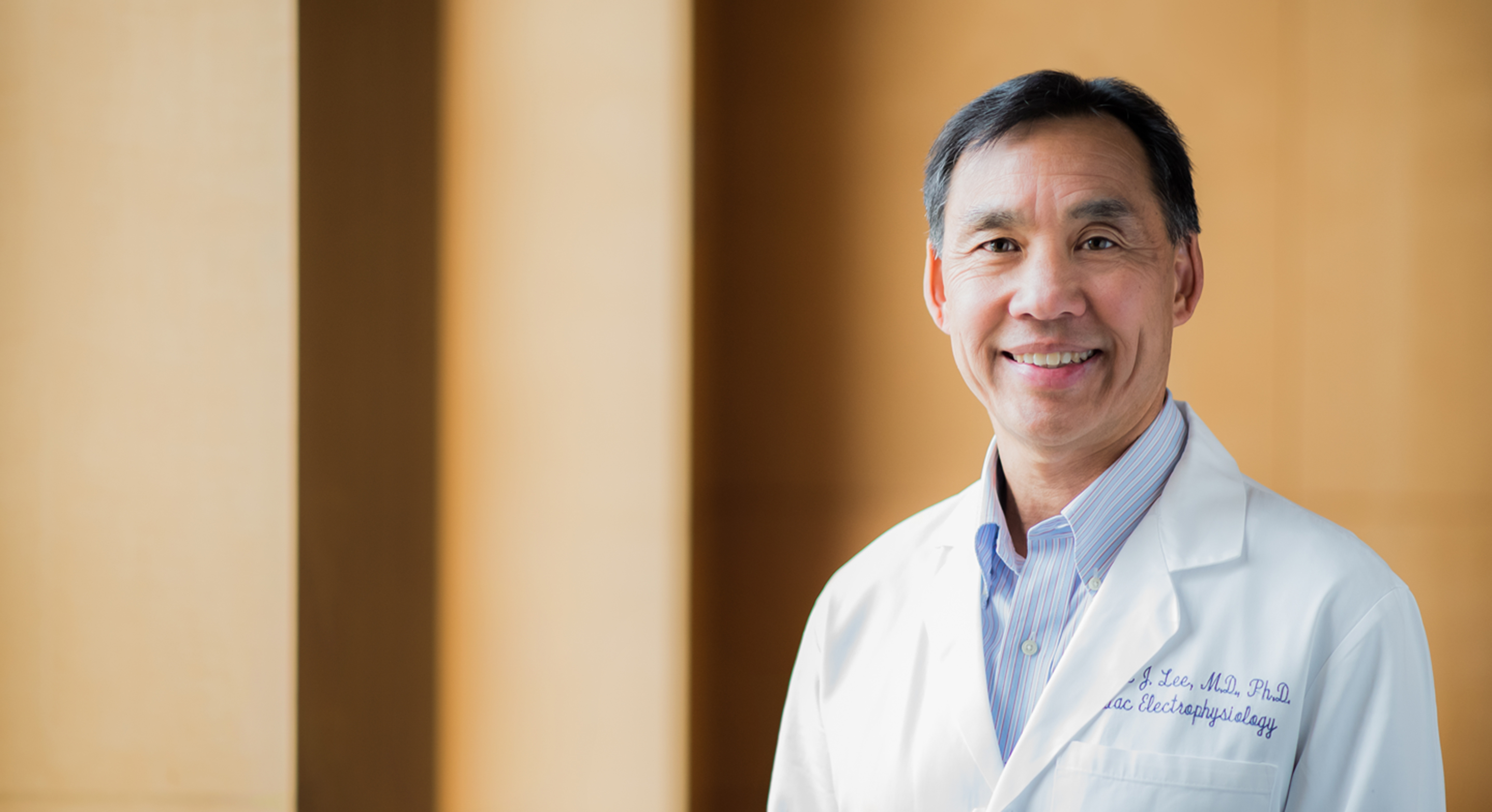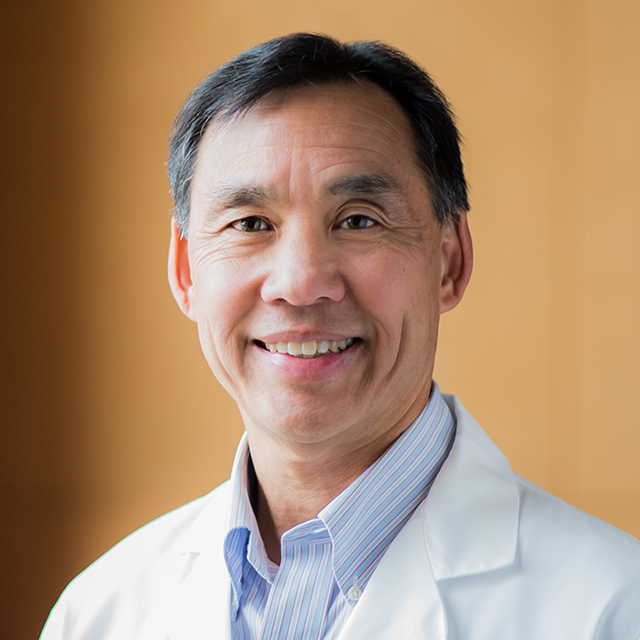Dr. Randall Lee is a cardiologist and electrophysiologist whose research focuses on cardiac arrhythmias and vascular regeneration.
Lee is interested in improving outcomes for patients who have catheter ablation to treat complex arrhythmias, such as atrial fibrillation (A-fib) and ventricular tachycardia. Specifically, he is active in devising tools and techniques to better treat arrhythmias and prevent strokes. Working with his cardiovascular surgery colleagues, he has developed hybrid procedures combining epicardial and endocardial ablation that can work for patients with persistent A-fib when previous catheter ablation has failed. He has pioneered devices for stroke prevention, including the LARIAT device, and initiated UCSF programs providing device-based therapies for lowering stroke risk. In addition to these endeavors, he has a cardiac tissue engineering laboratory focused on heart muscle repair and reconstruction to treat heart failure and arrhythmias.
Lee earned his medical degree from the David Geffen School of Medicine at UCLA, where he also obtained a doctorate in pharmacology. After completing a residency in internal medicine at Harbor-UCLA Medical Center in Torrance, he completed a cardiology fellowship and postdoctoral fellowship in biochemistry and molecular biology at Stanford University, where he earned physician-scientist and young investigator awards in cardiology. During a second fellowship at UCSF, he subspecialized in cardiac electrophysiology, the study of heart rhythm disorders.




















4.9